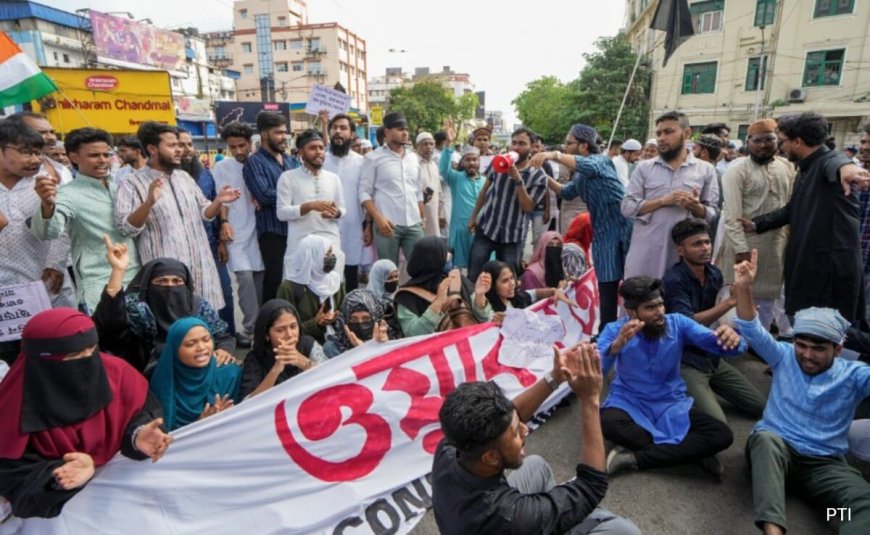Challenges To Waqf Law To Be Heard By Supreme Court Today: 10 Points
News by dharmyuddh.com
Introduction
The Supreme Court is set to hear significant challenges to the Waqf Law, a matter that has drawn considerable attention across the country. This hearing is pivotal as it could pave the way for substantial changes in how Waqf properties are managed and regulated. Understanding the key points surrounding this issue is vital for everyone following legal developments in the country.
1. Background of Waqf Law
The Waqf Law was established to regulate the charitable trusts in Islam, known as waqfs. It aims to ensure that the properties dedicated for religious and charitable purposes are maintained for the benefit of the community. However, ambiguities and challenges regarding its implementation have arisen over the years.
2. Key Legal Challenges Identified
Several legal challenges have been presented to the Supreme Court, questioning the applicability and enforcement of aspects of the Waqf Law. These challenges could potentially lead to reinterpretations of existing regulations, impacting various stakeholders involved in waqf properties.
3. Importance of the Supreme Court's Decision
The Supreme Court's ruling will be critical, not just for Waqf properties but for the broader implications it has on community initiatives and charitable endeavors rooted in religious traditions. The outcomes may influence future legal interpretations and legislative decisions.
4. Stakeholders Involved
Various stakeholders are engaged in this legal discourse, including religious organizations, community leaders, and civil rights activists. Their collective interests all converge on the management and utilization of waqf properties, making this hearing particularly significant.
5. Potential Outcomes of the Hearing
The results from this hearing could lead to a range of outcomes, from reaffirming the existing framework of the Waqf Law to introducing comprehensive reforms. Stakeholders await the decision, as it could influence policies surrounding charitable trust management in the long term.
6. Broader Implications for Charitable Organizations
The implications of this hearing extend beyond just Waqf properties. Any decision taken by the Supreme Court could set a precedent that affects various charitable organizations operating under similar laws, shaping the future landscape of philanthropy in the region.
7. Recent Developments in the Waqf Law
Recently, the Waqf Law has come under scrutiny due to increasing conflicts over property rights and financial management. This hearing will address some of these critical aspects that have remained unresolved and contentious.
8. Reactions from Political and Social Leaders
Political and social leaders have expressed varied opinions on the matter, emphasizing the need for a fair resolution that respects religious sentiments while ensuring proper governance of waqf properties. Their input reflects the broader social implications of this legal challenge.
9. Public Interest in the Case
The public has shown heightened interest in the challenges surrounding the Waqf Law. Many are keen on the outcomes as it directly impacts community services and the management of cultural heritage.
10. Next Steps Following the Hearing
After the hearing, the Supreme Court will likely deliberate before issuing a verdict. Observers will closely monitor this situation to gauge its effects on Waqf properties and charitable initiatives across the nation.
Conclusion
As the Supreme Court prepares to hear the challenges to the Waqf Law, the anticipation among various stakeholders grows. It is a critical juncture that could redefine the management of waqf properties and influence philanthropic norms in India.
Keywords: Waqf Law challenges, Supreme Court hearing today, waqf properties management, legal implications of Waqf Law, charitable trusts in Islam, community impact of Waqf Law, Supreme Court decisions on Waqf, stakeholders in Waqf Law debate, public interest in Waqf properties, political reactions to Waqf Law challenges.








